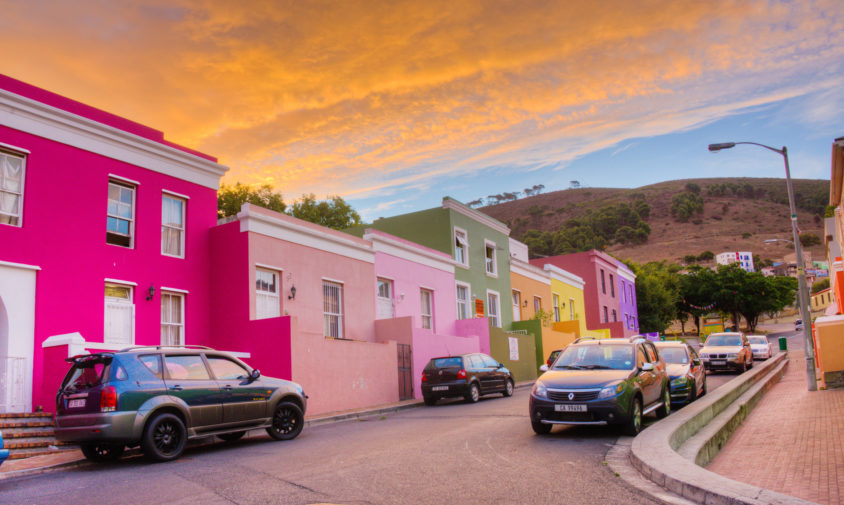By Anees Teladia
The City council has given their stamp of approval to have Bo-Kaap included in the Heritage Protection Overlay Zone (HPOZ). According to some, this means Bo-Kaap residents have achieved their goal of having the area protected. The vice chairperson of the Bo-Kaap Civic and Ratepayers Association, Fowzia Achmat said that while residents welcomed the decision, the “struggle continues”.
“We welcome the decision that the council has passed the HPOZ – but we also know it’s not the end,” said Achmat.
Following a meeting with the ANC caucus leader Khaya Magaxa this week, the community requested that a moratorium be placed on all developments in the area and called for an investigation into the deliberate delay of the HPOZ. In addition, they asked for rates rebates for historical Bo-Kaap residents – all of which wasn’t welcomed.
“Our community has been negatively impacted by this deliberate delay and we want reparations,” said a media statement by the Bo-Kaap Civic and Ratepayers Association.
Achmat says Bo-Kaap residents are “op en wakker” and will continue to address all the remaining concerns.
“We still have high rates. We still have developers building high-rise buildings, not in sync with our heritage.”
“A number of concerns were also raised relating to how successfully the HPOZ, in its current form, could protect the Bo-Kaap from unscrupulous development – particularly the development that’s on the ground at the moment,” said Sadiq Toffa, a lecturer in architecture and a trustee of the Tana Baru Trust.
“Unfortunately, the HPOZ is quite silent on that point,” he said.
While the HPOZ does hold significance, there are key aspects of the Bo-Kaap issue that are being neglected.
“It’s a good document, but it’s also a very conservative document,” added Toffa.
“It doesn’t address some of the key tenets of the National Heritage Resources Act, such as: community ownership, concerns around cultural rights and social justice issues.”
“Those are quite marginal within the HPOZ, which is almost entirely focused on the character of its historical architecture and less on the cultural heritage and traditions of its people.”
Of further concern to residents and community members wishing to prevent gentrification and disregard for the Bo-Kaap community, is the shapelessness surrounding the planned operationalisation of the HPOZ.
“The HPOZ is quite vague operationally. It does speak about community consultation and participation but doesn’t outline an actual operational plan of implementation,” said Toffa.
“I think in the case of Bo-Kaap, something like this needs to be given very careful attention.”
“It’s really the way this HPOZ is operationalised that is going to become important. It isn’t simply a success in its own right.”
Mayoral committee member for Spatial Planning and Environment of the City of Cape Town, alderman Marian Nieuwoudt commented on plans for the Bo-Kaap area as well as issues pertaining to development.
A key issue was how Bo-Kaap residents would continue to afford to live there.
“I cannot predict how [the] market will flow,” said Nieuwoudt addressing the question of how to ensure Bo-Kaap residents will afford to continue to live there.
“We cannot disallow people the ability to be active in the area. Investment in land is investment in the economy.”
It seems clear then that while a milestone has been reached, the Bo-Kaap is not safe from gentrification just yet.
The Bo-Kaap Civic and Ratepayers Association stated that the injustices perpetuated against the people of Bo-Kaap are reminiscent of Apartheid.
“These are homes which have been owned and are still owned by working class families for generations, that have suddenly increased in value due to market value. A value that will not be realised as the people of Bo-Kaap do not want to sell.”
“Bo-Kaap is a living heritage area. The residents are a big part of the heritage. High rates have forced pensioners and working-class families to sell their homes (economic forced removal reminiscent of Apartheid Forced Removals). This has led to the living culture and heritage of Bo-Kaap being systematically destroyed.”
VOC






 WhatsApp us
WhatsApp us 

